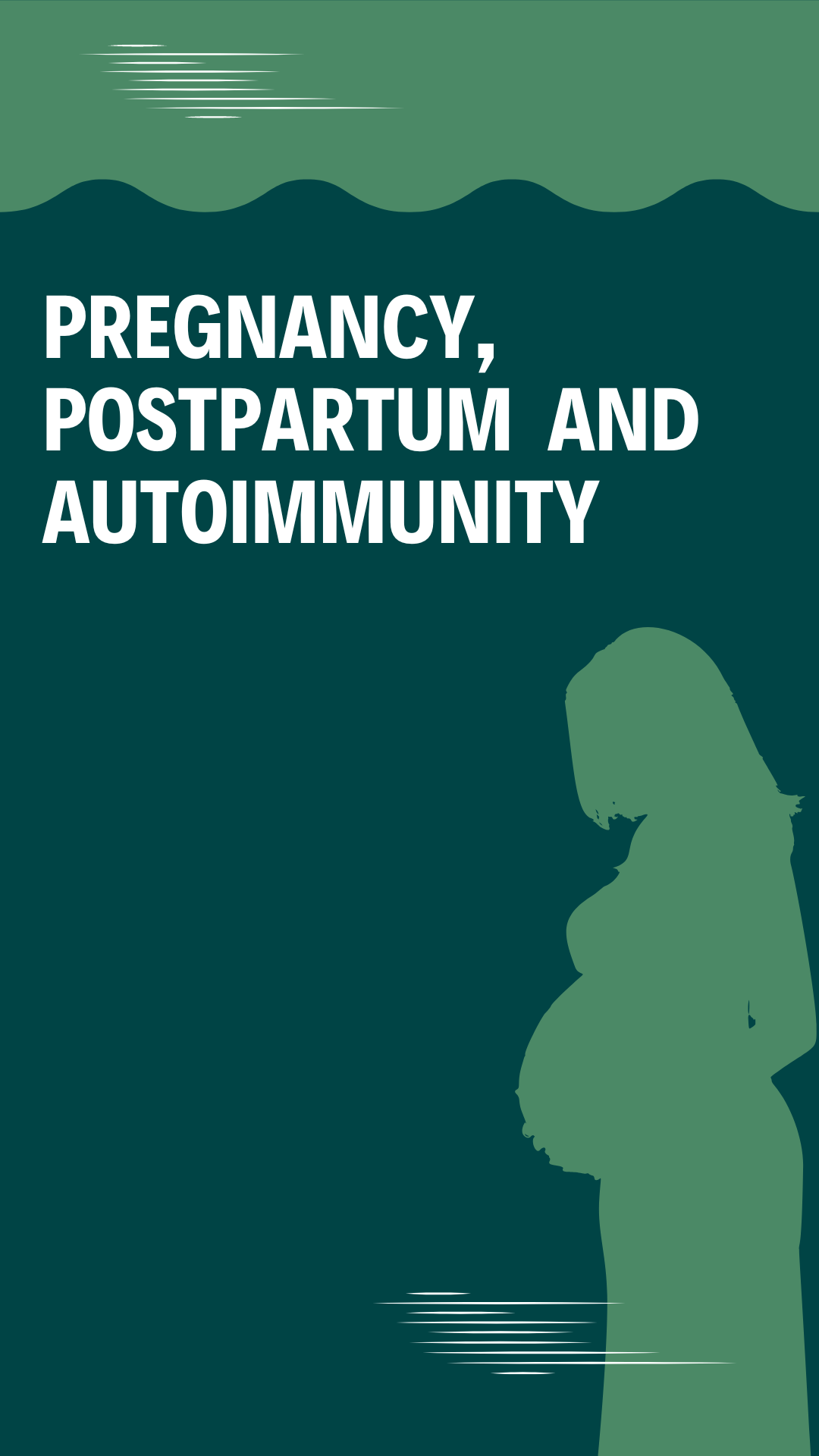The Complex Relationship Between Pregnancy, Postpartum, and Autoimmunity

Pregnancy: A Double-Edged Sword
For women with autoimmune disorders, pregnancy can be both a blessing and a challenge. On one hand, many women experience a decrease in autoimmune symptoms during pregnancy, leading to a period of remission and relief. This phenomenon is often attributed to changes in the immune system, including an increase in certain anti-inflammatory molecules and a shift towards a more tolerant immune state to prevent rejection of the fetus, which is genetically distinct from the mother.
However, this remission is not universal, and some autoimmune conditions may worsen during pregnancy. Diseases such as rheumatoid arthritis, systemic lupus erythematosus (SLE), and multiple sclerosis can present unique challenges, requiring careful management to ensure the health of both the mother and the developing fetus. Medication management becomes particularly complex, as some drugs used to control autoimmune diseases may pose risks to fetal development.
Postpartum Challenges
The postpartum period, often referred to as the “fourth trimester,” brings its own set of challenges for women with autoimmune conditions. As hormone levels fluctuate and the body undergoes significant changes, there is a risk of autoimmune flare-ups or the onset of new symptoms. Additionally, the physical demands of caring for a newborn can exacerbate fatigue and stress, both of which can influence the immune system and trigger autoimmune responses.
One notable concern during the postpartum period is the potential resurgence of autoimmune symptoms, particularly in diseases like SLE where hormonal fluctuations can play a significant role. Postpartum depression, which affects up to 1 in 5 women, may also be more prevalent in women with autoimmune disorders, further complicating their postpartum experience.
Navigating Pregnancy and Autoimmunity
Managing autoimmune diseases during pregnancy and postpartum requires a multidisciplinary approach involving obstetricians, rheumatologists, and other specialists. Preconception counseling is essential for women with autoimmune conditions, allowing them to discuss potential risks and develop a personalized treatment plan that balances disease management with the safety of the pregnancy.
Close monitoring throughout pregnancy is crucial to detect any signs of disease activity or complications early on. This may involve regular check-ups, blood tests to assess inflammation markers, and imaging studies to evaluate fetal development. Collaboration between healthcare providers ensures that any necessary adjustments to medication or treatment can be made promptly to optimize maternal and fetal outcomes.
Support and Self-Care
In addition to medical management, emotional support and self-care are vital components of navigating pregnancy and postpartum with an autoimmune condition. Building a strong support network of family, friends, and healthcare professionals can provide reassurance and practical assistance during this transformative time.
Self-care practices such as adequate rest, stress management techniques, and a healthy diet can help women with autoimmune disorders maintain their well-being throughout pregnancy and beyond. Gentle exercise, such as prenatal yoga or walking, can promote physical and mental health while minimizing the risk of exacerbating symptoms.
With comprehensive medical care, emotional support, and self-care practices, women with autoimmune disorders can navigate this journey with confidence and resilience. By raising awareness and promoting dialogue about the intersection of pregnancy and autoimmunity, we can better support the diverse needs of expectant mothers facing these complex health conditions.

